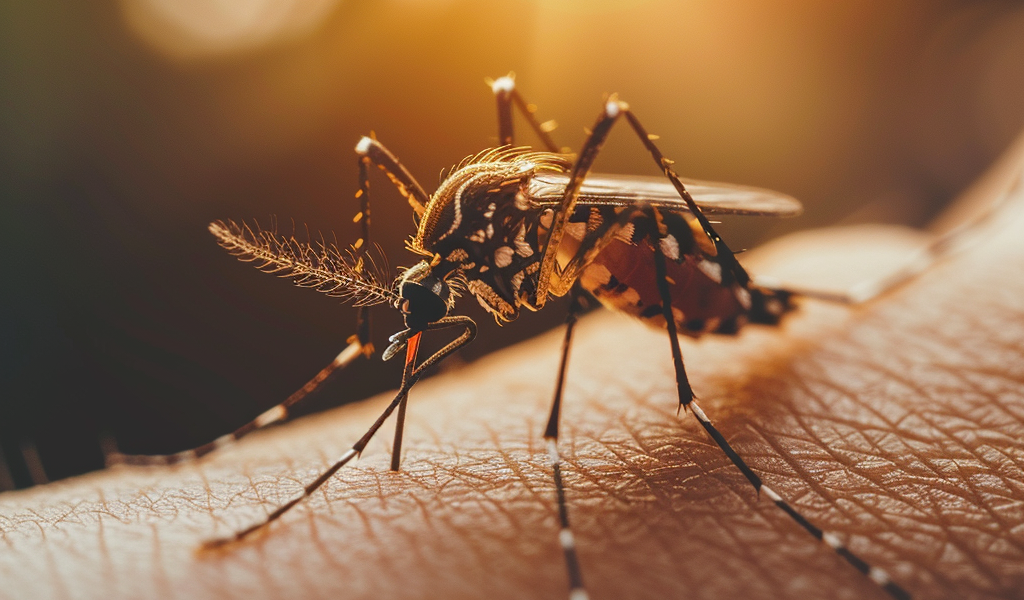Health officials are issuing warnings as West Nile virus makes its annual return, posing a significant threat to human health. The virus, transmitted primarily through infected mosquitoes, is a leading cause of mosquito-borne diseases in the United States.
West Nile virus has been infecting thousands of people annually for the past two decades. While most infected individuals do not display any symptoms, those who do may experience West Nile virus disease or West Nile fever, characterized by fever, headache, joint pains, nausea, and other symptoms.
In severe cases, individuals may develop serious and potentially fatal illnesses affecting the central nervous system, leading to symptoms such as confusion, muscle weakness, inflammation of the brain, seizures, paralysis, and coma. The risk of severe illness is higher for individuals over 60 years old and those with certain medical conditions or compromised immune systems.
Recovery from severe West Nile infection can take weeks or months, with many individuals experiencing long-lasting neurological symptoms like memory loss, depression, and muscle weakness.
Preventing West Nile virus involves taking precautions to avoid mosquito bites, such as using insect repellent, wearing protective clothing, and eliminating standing water where mosquitoes breed.
As the climate becomes more conducive to mosquito populations, it is crucial for individuals to be vigilant and protect themselves from potential exposure to West Nile virus. Stay informed and take necessary steps to safeguard your health during mosquito season.





